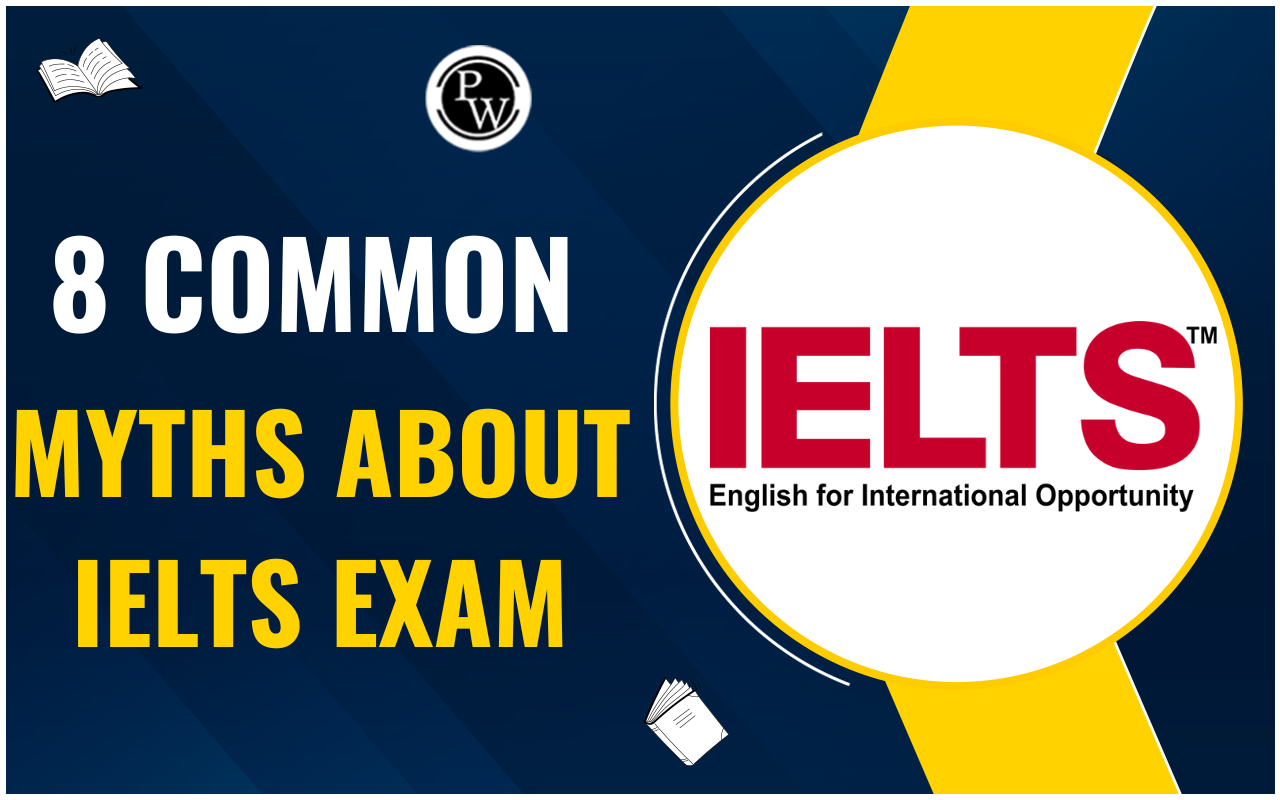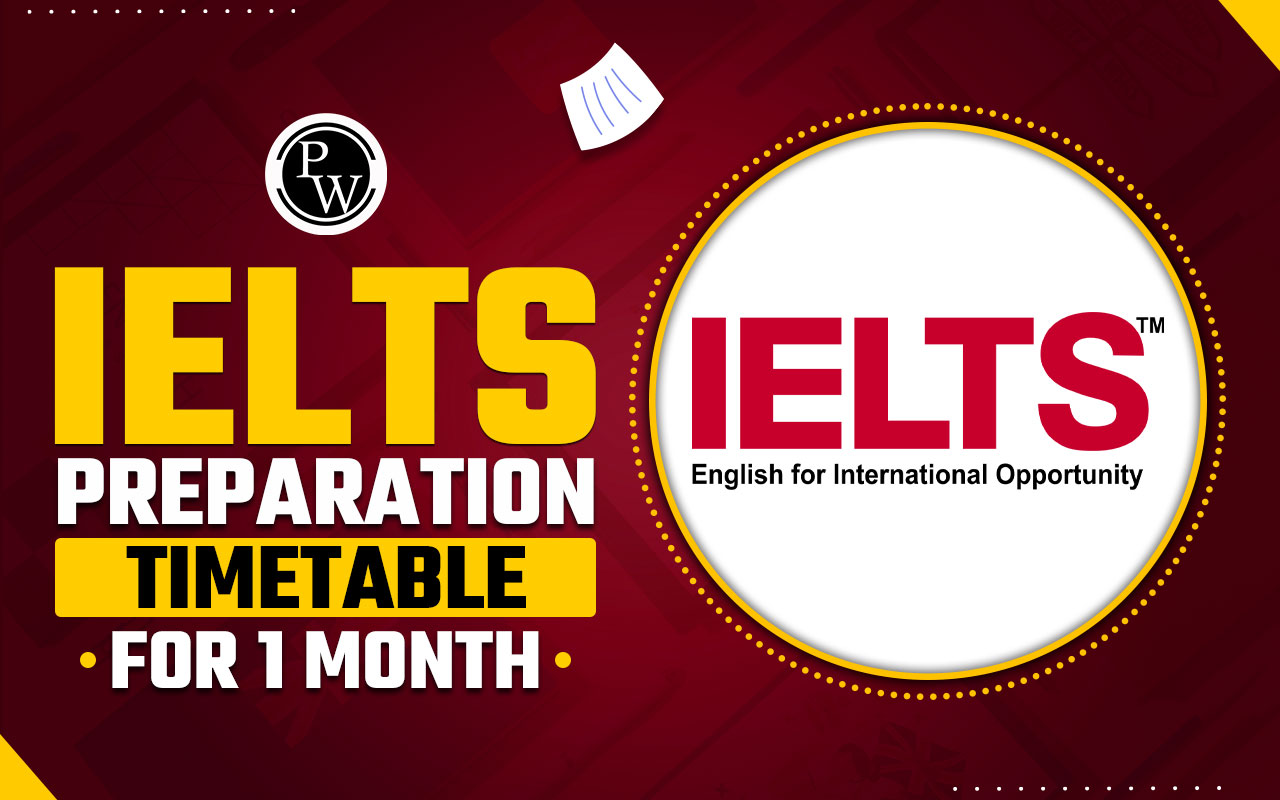

Adam's Wine Reading Answers: The "Adam's Wine Reading Answers" topic includes a total of 13 questions based on the given passage. These questions are divided into two key formats: IELTS Reading Matching Headings and IELTS Reading Sentence Completion. To help candidates achieve a high band score in the IELTS Reading section, we have provided detailed answers along with explanations for all 13 questions. Read this guide till the end to clear your doubts and enhance your performance in the "Adam's Wine Reading Answers" topic for the IELTS Reading section.
Adam's Wine Reading Answers Passage
You should spend about 20 minutes on Questions 1-13, based on the reading passage 1 below.
Adam's Wine Passage
- Water is the giver and, at the same time, the taker of life. It covers most of the surface of the planet we live on and features large in the development of the human race. On present predictions, it is an element that is set to assume even greater significance.
- Throughout history, water has had a huge impact on our lives. Humankind has always had a rather ambiguous relationship with water, on the one hand receiving enormous benefit from it, not just as a drinking source, but as a provider of food and a means whereby to travel and to trade. But forced to live close to water in order to survive and to develop, the relationship has not always been peaceful or beneficial. In fact, it has been quite the contrary. What has essentially been a necessity for survival has turned out in many instances to have a very destructive and life-threatening side.
- Through the ages, great floods alternated with long periods of drought have assaulted people and their environment, hampering their fragile fight for survival. The dramatic changes to the environment that are now a feature of our daily news are not exactly new: fields that were once lush and fertile are now barren; lakes and rivers that were once teeming with life are now long gone; savannah has been turned to desert. What perhaps is new is our naive wonder when faced with the forces of nature.
- Today, we are more aware of climatic changes around the world. Floods in far-flung places are instant hews for the whole world. Perhaps these events make us feel better as we face the destruction of our own property by floods and other natural disasters.
- In 2002, many parts of Europe suffered severe flood damage running into billions of euros. Properties across the continent collapsed into the sea as waves pounded the coastline wreaking havoc with sea defences. But it was not just the seas. Rivers swollen by heavy rains and by the effects of deforestation carried large volumes of water that wrecked many communities.
- Building stronger and more sophisticated river defences against flooding is the expensive short-term answer. There are simpler ways. Planting trees in highland areas, not just in Europe but in places like the Himalayas, to protect people living in low-lying regions like the Ganges Delta, is a cheaper and more attractive solution. Progress is already being made in convincing countries that the emission of carbon dioxide and other greenhouse gases is causing considerable damage to the environment. But more effort is needed in this direction.
- And the future? If we are to believe the forecasts, it is predicted that two¬thirds of the world population will be without fresh water by 2025. But for a growing number of regions of the world, the future is already with us. While some areas are devastated by flooding, scarcity of water in many other places is causing conflict. The state of Texas in the United States of America is suffering a shortage of water with the Rio Grande failing to reach the Gulf of Mexico for the first time in 50 years in the spring of 2002, pitting region against region as they vie for water sources. With many parts of the globe running dry through drought and increased water consumption, there is now talk of water being the new oil.
- Other doom-laden estimates suggest that, while tropical areas will become drier and uninhabitable, coastal regions and some low-lying islands will in all probability be submerged by the sea as the polar ice caps melt. Popular exotic destinations now visited by countless tourists will become no-go areas. Today's holiday hotspots of southern Europe and elsewhere will literally become hotspots - too hot to live in or visit. With the current erratic behaviour of the weather, it is difficult not to subscribe to such despair.
- Some might say that this despondency is ill-founded, but we have had ample proof that there is something not quite right with the climate. Many parts of the world have experienced devastating flooding. As the seasons revolve, the focus of the destruction moves from one continent to another. The impact on the environment is alarming and the cost to life depressing. It is a picture to which we will need to become accustomed.
| IELTS Exam Important Links | |
|---|---|
| IELTS Reading Band Score | IELTS Listening Band Score |
| IELTS Speaking Band Score | IELTS Writing Band Score |
Adam's Wine Reading Answers Sample Questions
Which paragraph contains the following information?
Write the correct letter (A-I) in boxes 1-6 on your answer sheet.
-
A historical perspective on the importance of water.
-
The prediction that some tourist destinations will become uninhabitable.
-
A comparison between past and present attitudes toward environmental changes.
-
A reference to the financial cost of natural disasters in recent years.
-
A mention of conflicts arising due to water scarcity.
-
A suggestion that planting trees can help prevent floods.
Complete each sentence with the correct ending (A-N) below.
Write the correct letter (A-N) in boxes 7-13 on your answer sheet.
-
People have always relied on water…
-
The effects of deforestation in highland areas…
-
The melting of polar ice caps…
-
Some areas of the world…
-
Climate-related disasters…
-
Large floods and severe droughts…
-
A shortage of fresh water…
A. has resulted in the destruction of coastal defences.
B. have impacted civilizations throughout history.
C. will affect certain islands and low-lying regions.
D. have been occurring more frequently in recent years.
E. are now causing serious disputes between regions.
F. will cause people to migrate to other locations.
G. has been linked to the increasing number of floods.
H. is expected to be a major global issue by 2025.
I. makes some places unsuitable for farming.
J. will result in extreme temperatures in many regions.
K. has not changed over the years.
L. could help in preventing river floods.
M. have only become a serious issue recently.
N. has increased agricultural output in some regions.
Adam's Wine Reading Answers with Explanations
1. A historical perspective on the importance of water.
Answer: Paragraph B
Reference: "Throughout history, water has had a huge impact on our lives..."
Explanation: This Paragraph discusses the historical importance of water and how humans have relied on it for drinking, food, and trade.
2. The prediction that some tourist destinations will become uninhabitable.
Answer: Paragraph H
Reference: "Popular exotic destinations now visited by countless tourists will become no-go areas..."
Explanation: This Paragraph highlights how rising temperatures and environmental changes will make some places too hot to live in or visit.
3. A comparison between past and present attitudes toward environmental changes.
Answer: Paragraph C
Reference: "What perhaps is new is our naive wonder when faced with the forces of nature."
Explanation: This Paragraph contrasts historical climate events with today's reactions, showing that while extreme climate changes are not new, our perception of them has changed.
4. A reference to the financial cost of natural disasters in recent years.
Answer: Paragraph E
Reference: "In 2002, many parts of Europe suffered severe flood damage running into billions of euros."
Explanation: This Paragraph provides a specific example of recent financial losses due to flooding in Europe.
5. A mention of conflicts arising due to water scarcity.
Answer: Paragraph G
Reference: "The state of Texas... pitting region against region as they vie for water sources."
Explanation: This Paragraph explains how water shortages are leading to conflicts between different areas.
6. A suggestion that planting trees can help prevent floods.
Answer: Paragraph F
Reference: "Planting trees in highland areas, not just in Europe but in places like the Himalayas, to protect people living in low-lying regions..."
Explanation: This Paragraph suggests afforestation as a natural method to prevent flooding.
7. People have always relied on water...
Answer: B. have impacted civilizations throughout history.
Reference: Paragraph B – "Humankind has always had a rather ambiguous relationship with water..."
Explanation: The passage explains how water has played a crucial role in the survival and progress of civilizations.
8. The effects of deforestation in highland areas...
Answer: G. has been linked to the increasing number of floods.
Reference: Paragraph E – "Rivers swollen by heavy rains and by the effects of deforestation carried large volumes of water that wrecked many communities."
Explanation: The passage explains how deforestation leads to increased flooding.
9. The melting of polar ice caps...
Answer: C. will affect certain islands and low-lying regions.
Reference: Paragraph H – "Coastal regions and some low-lying islands will in all probability be submerged by the sea as the polar ice caps melt."
Explanation: The passage discusses the impact of ice cap melting on islands and coastal areas.
10. Some areas of the world...
Answer: I. makes some places unsuitable for farming.
Reference: Paragraph C – "Fields that were once lush and fertile are now barren; lakes and rivers that were once teeming with life are now long gone..."
Explanation: The passage mentions how some regions are turning into deserts, making farming impossible.
11. Climate-related disasters...
Answer: D. have been occurring more frequently in recent years.
Reference: Paragraph I – "Many parts of the world have experienced devastating flooding... the focus of the destruction moves from one continent to another."
Explanation: The passage highlights how extreme weather events are happening more frequently across different continents.
12. Large floods and severe droughts...
Answer: B. have impacted civilizations throughout history.
Reference: Paragraph C – "Through the ages, great floods alternated with long periods of drought have assaulted people and their environment."
Explanation: The passage shows that extreme weather events have always been a part of human history.
13. A shortage of fresh water...
Answer: H. is expected to be a major global issue by 2025.
Reference: Paragraph G – "It is predicted that two-thirds of the world population will be without fresh water by 2025."
Explanation: The passage provides a specific prediction about future water shortages.
Also Read:
- Should You Use All Capital Letters in the IELTS Listening and Reading Tests
- IELTS Reading Mistakes
- How to Improve IELTS Reading Score
- How to Manage Time in IELTS Reading
Guidance of PW IELTS
Physics Wallah offers multiple online IELTS courses for all students. Follow the IELTS pages to better prepare for the exam.
| What is IELTS Exam? | Documents Required for IELTS Registration |
| IELTS exam eligibility requirements | IELTS Exam Fees |
| IELTS test results | IELTS Exam Pattern |
Adam's Wine Reading Answers FAQs
Why is water referred to as both the giver and taker of life?
How has climate change affected the availability of fresh water?
What are the major causes of flooding mentioned in the passage?
How does deforestation contribute to floods?
What is the possible future impact of global warming on coastal areas?













